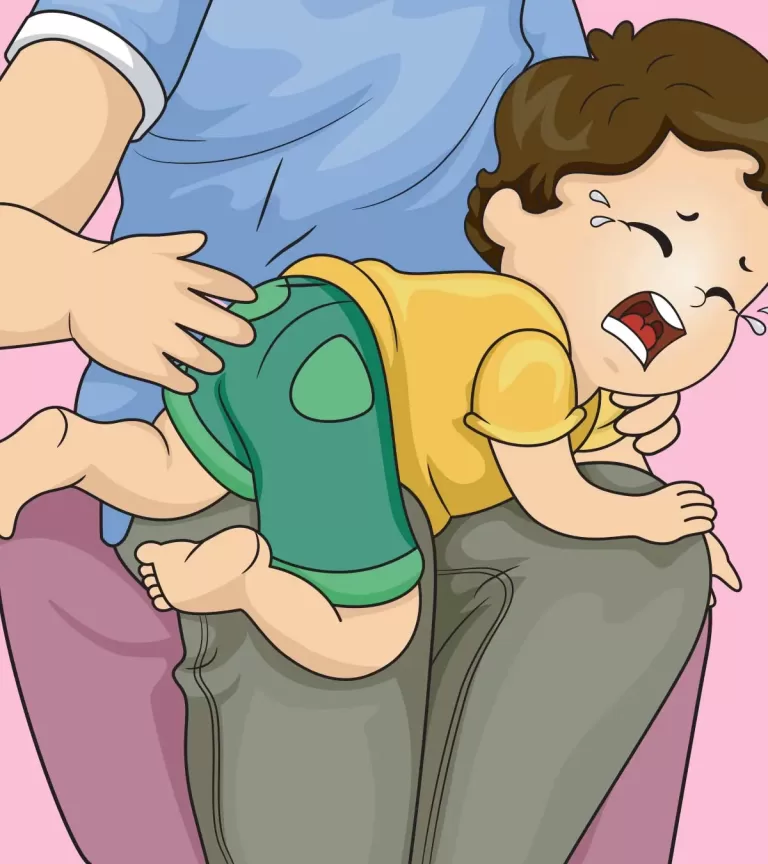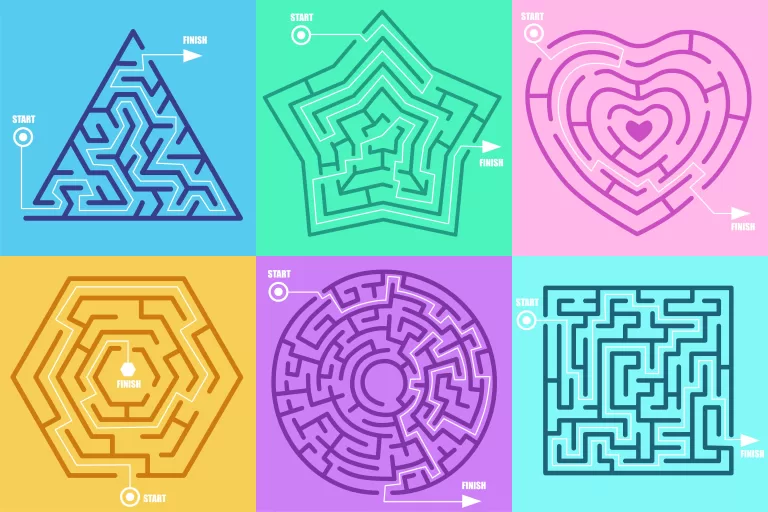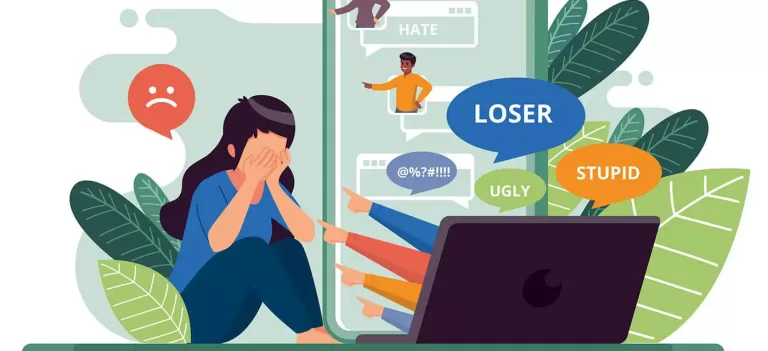
Effective alternative punishments for children
This page may contain affiliate links. If you choose to purchase after clicking a link, I may receive a commission at no extra cost to you.
Are you looking for some alternative punishments for kids that are effective and creative? Do you want to discipline your kids without resorting to spanking or yelling? If so, you are not alone. Many parents struggle with finding the best ways to teach their kids right from wrong and help them develop good habits and behaviors.
In this post, I will share with you some alternative punishments for children that you can try at home. These punishments are not meant to be harsh or cruel, but rather to help your child learn from their mistakes and make better choices in the future. Here are some of them:
Time-in
Instead of sending your child to a time-out corner where they are isolated and bored, give them a time-in where they have to do a task that is engaging and appropriate for their age. For example, they can paint a picture, learn a poem, make a bracelet, or do a puzzle. They can only leave their time-in corner when they finish the task. This way, they will not only learn to calm themselves down, but also to be creative and productive.
Losing privileges
Another alternative punishment for children is to take away something that they enjoy or value as a consequence of their misbehaviour. For example, if they don’t do their homework, they lose their TV time for the day. If they talk back to you, they lose their phone for an hour. If they fight with their sibling, they lose their video game for the weekend. The key is to make the loss of privilege related to the behavior and to make it clear when they can earn it back.
Ignoring mild misbehavior
Sometimes, the best way to deal with minor misbehaviour is to ignore it. Children often act out to get attention or to test your limits. If you react to every little thing they do wrong, you will only reinforce their negative behavior and give them what they want. Instead, try to ignore their whining, tantrums, or rude comments and focus on praising their positive behavior. This will teach them that good behavior gets attention and bad behavior gets ignored.
Teaching new skills
One of the reasons why kids misbehave is because they lack certain skills or knowledge that would help them behave better. For example, they may not know how to express their feelings in a healthy way, how to cope with frustration or anger, how to solve problems or conflicts, or how to follow instructions or rules. Instead of punishing them for what they don’t know, teach them what they need to know. For example, you can teach them how to use words instead of hitting when they are upset, how to breathe deeply and count to ten when they are angry, how to ask for help when they are stuck, or how to listen and follow directions when you tell them something.
Logical consequences
Logical consequences are another alternative punishment for children that are based on the natural or logical outcomes of their actions. For example, if they spill their juice on the floor, they have to clean it up. If they break their toy, they have to fix it or buy a new one with their own money. If they forget their lunch at home, they have to go hungry until snack time. Logical consequences help kids learn that their actions have consequences and that they are responsible for them.
These are some of the alternative punishments for kids that you can try at home. Remember that punishment is not meant to hurt or humiliate your kids, but rather to help them learn and grow. By using these creative and effective punishments, you can discipline your child without spanking or yelling and foster a positive and respectful relationship with them.








Leave a Comment